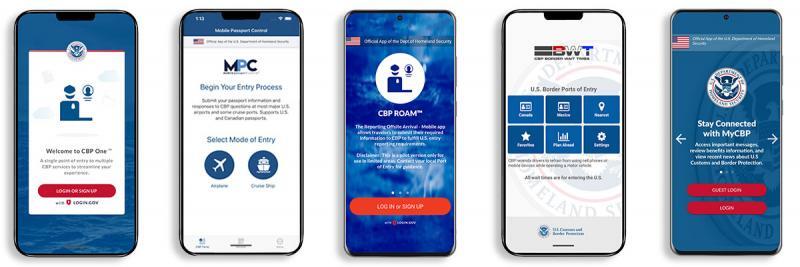News Release From U.S. Customs and Border Protection SAN DIEGO- U.S. Customs and Border Protection encourages travelers to plan ahead this coming Spring Break and Holy Week by following traveler tips provided by CBP for ease of travel across the border into the U.S. CBP officials strongly encourage non-immigrant visa passport holders seeking to travel […]






